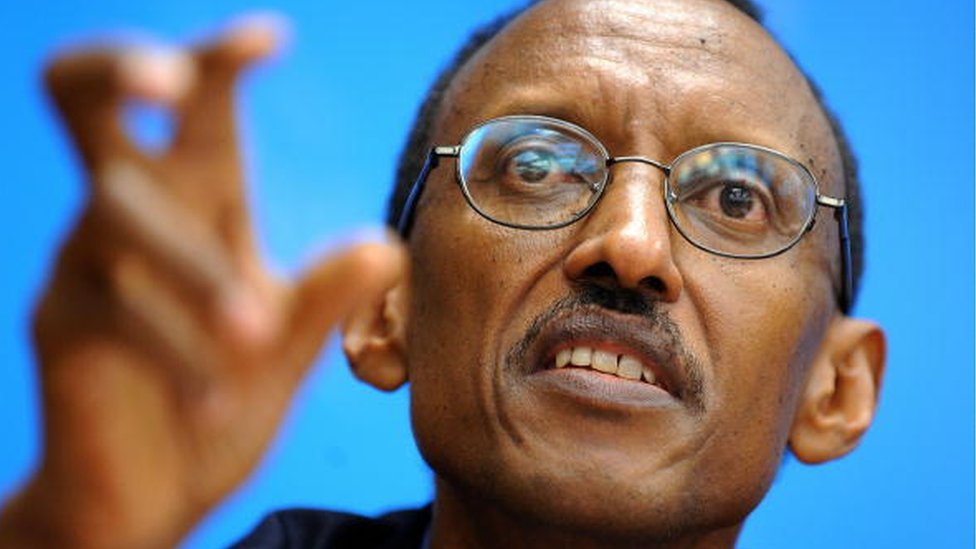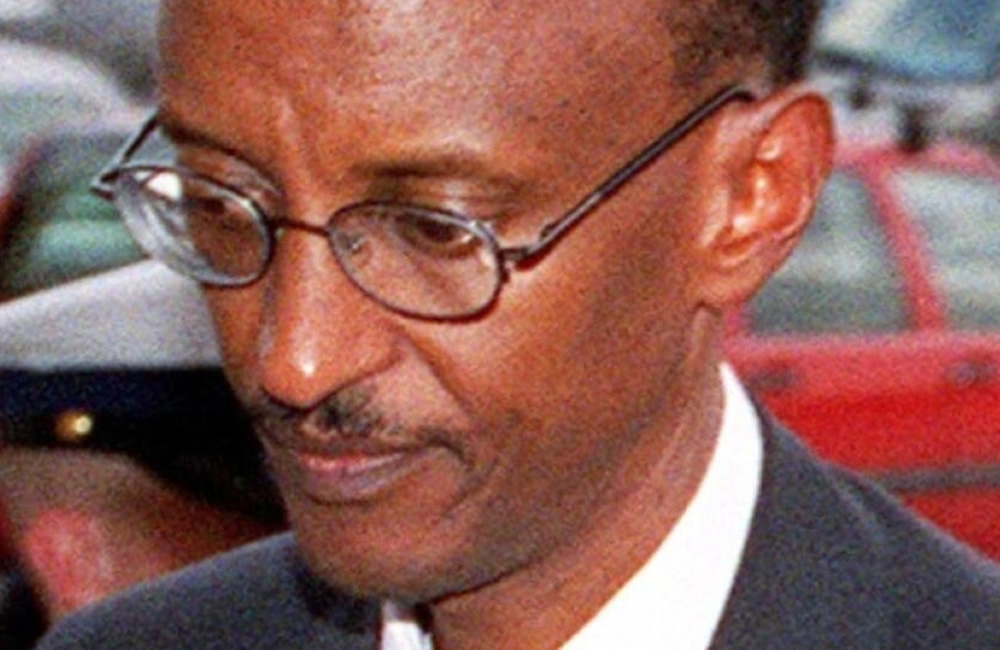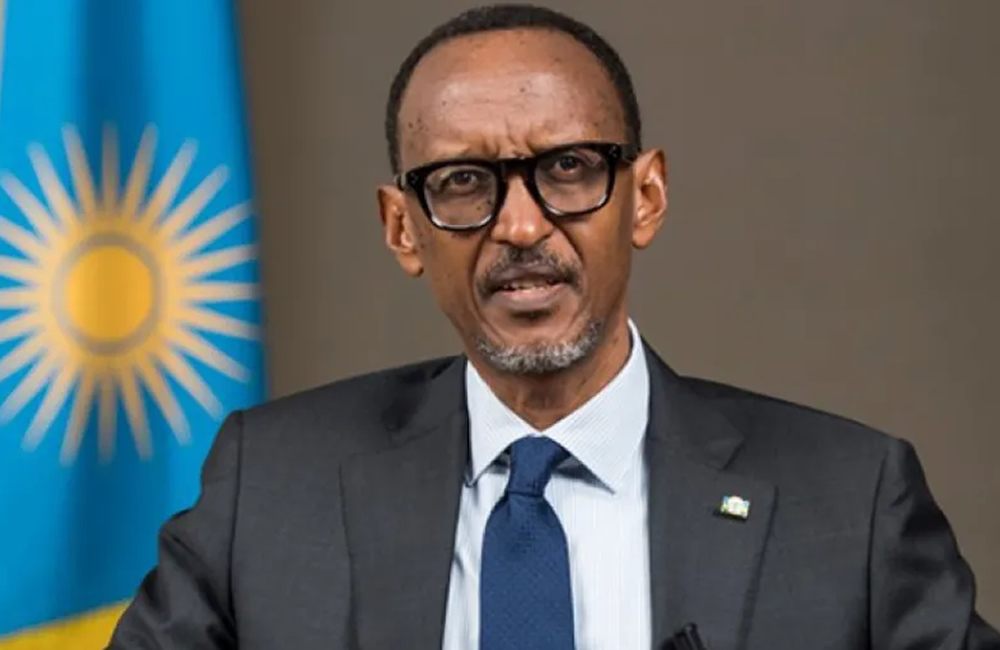President Paul Kagame has said he doesn’t intend to alter the country’s constitution to extend his 2017 presidential term limit.
Speaking on Contact FM, a Kigali radio station, Kagame said, “Personally I don’t want to be involved in changing the constitution so that I stay in power and particularly changing the constitution for that purpose. I would really hate it.”
”I don’t know why it (change of constitutional term-limits) has been made an African thing. I have seen Europeans attempt to change their constitutions. I saw it in France when (Jacques) Chirac was about to run for a third term. I don’t know why in other places it is not of interest and it has become an African thing. I don’t intend to change the constitution,” he added.
Kagame, who was announced the winner of Monday’s presidential election, said that he could have easily been president in 1994 slightly after the genocide but declined the office which Pasteur Bizimungu occupied until March 23, 2000.
”I refused to be the president. And somebody else was president for six years. Now people are already talking about it (succession). The same reason I should have stayed in power (after 2017) are the same reason I shouldn’t. If you have had a Kagame around for this long and he has failed to identify one who has a capacity to take over, I would take that as a failure on my part,” he added.
Kagame is yet to be sworn in as the new president of Rwanda for a second and last term that runs until 2017.
Election observers from both the East African Community (EAC) and the Commonwealth said on Tuesday that the presidential elections were democratic and peaceful.
‘Terrible legacy’
Former Tanzanian Prime Minister Salim Ahmed Salim, representing the Commonwealth group, said the counting in the polling stations was transparent and conducted fairly, though with a few inconsistent practices.
“We understand the terrible legacy of the past and the consequent caution as the country moves forward. However, we are also aware as to what is required for Rwanda to forge ahead as a pluralistic democracy, enjoying the associated freedoms and rights,” he said.
Despite the observers’ submission, opponents said the three official opposition candidates acted as a “democratic smokescreen” and stooges of the ruling Rwandan Patriotic Front, something the president vehemently dismissed.
They also said the campaign playing field had been uneven, with three other would-be opposition candidates, including the controversial Victoire Ingabire, being prevented from registering to run.
The RPF has accused rights groups that have censored Rwanda of wilfully missing the context of where Rwanda has come from since the 1994 genocide.


